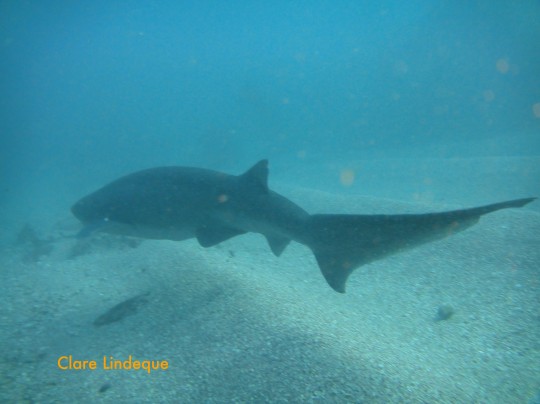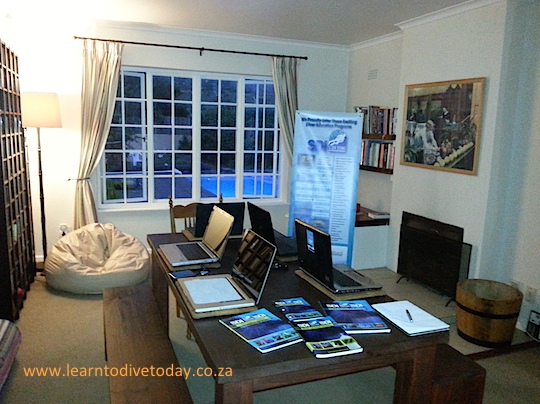Hi divers
Weekend dive plans
Saturday: Boat or shore dives – choice to be confirmed tomorrow afternoon
We had a good dive at Long Beach on Sunday – with about 6 metre visibility and 16 degree water, it was a sample of the good winter conditions that False Bay can deliver, but not too cold!
This Saturday looks good for either boat or shore diving. I’ll confirm which tomorrow afternoon after I’ve looked at conditions and seen how the weather has panned out. Let me know if you want to dive.

Marine ecosystems MOOC from UCT
The University of Cape Town has added an online course dealing with large marine ecosystems to the excellent Coursera platform. The course starts on 14 May, but will be repeated every few months. If you’re ocean-curious, this is for you. Sign up here – it’s free, just select the option without a certificate.
regards
Tony Lindeque
076 817 1099
www.learntodivetoday.co.za
www.learntodivetoday.co.za/blog/
Diving is addictive!
To subscribe to receive this newsletter by email, use the form on this page!














